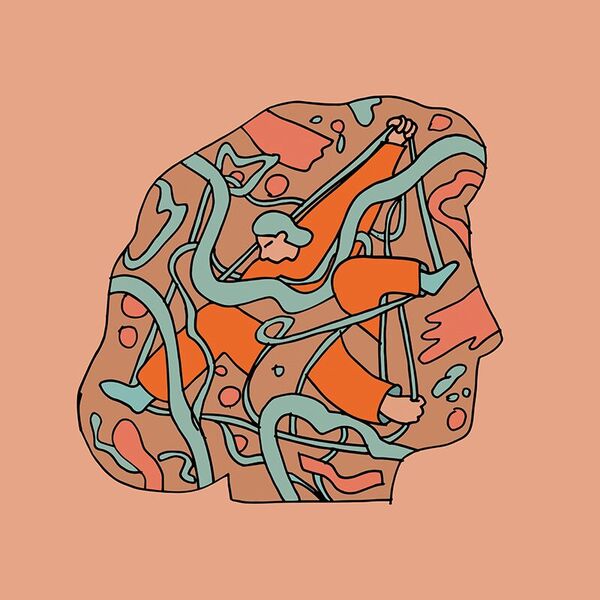One student’s experience with OCD and depression, and how she learned to seek help
Close your eyes. Imagine walking the halls of Concordia University, just like every other day. All is well when, unexpectedly, your breath is stolen away from you. Your limbs become numb and your vision starts to wane. You panic. Your body does not belong to you anymore. Your flight or fight response kicks in, and all you want to do is escape the absolute dread you are feeling.
For some, this may sound like a horror movie scenario. Unfortunately, many students at Concordia do not have to imagine this nightmare. Attending school, studying and completing assignments are a struggle for individuals suffering from mental illness, such as myself. Luckily, those afflicted by mental health issues don’t have to struggle alone.
When I was a child, I had rituals I felt compelled to do even though they made no sense. Whenever my mother left the house, I felt the need to kiss her four times on each cheek. If I did not do this, I believed she would die a horrible death and it would be my fault. No one understood my behaviour until I was diagnosed with obsessive compulsive disorder (OCD) at age 12.
“So great,” I thought to myself. “I have OCD. I need to pull out and push in my chair four times and twist doorknobs until it feels just right. This is not what I want to be doing, but I can handle this.” And I did. All by myself.
A few years later, I began to experience a new feeling. It wasn’t quite sadness. I had felt sadness before. This feeling was far worse. It made me feel like I was imprisoned in the world I called home. This feeling turned the world grey and black, with only nuances of the colours I knew were supposed to be there. At 16, I was diagnosed with depression.
“So great,” I thought to myself. “I have depression to go along with my side dish of OCD and anxiety. I really don’t want to find out what dessert will be.” I was in absolute misery, but once again, I handled it on my own.
The thing about ‘handling’ a mental illness is that, eventually, the handle breaks. I took on the demons in my head alone for so long that they took the reins of my life. I had no choice but to watch as they sucked the life out of me.
At this point, I was so worn down that I simply did not care anymore. I stopped going to school because I thought: “What is the point in trying anything when your mind is constantly clouded with dark thoughts?” On good days, I would force myself out of bed, brush my teeth and, if I was lucky, I could muster the energy to take a shower. But when it came time to leave the house, I would crumble and find refuge under my blankets. On bad days, I didn’t make it out of my bedroom.
I don’t remember the exact moment I decided enough was enough, but I remember feeling angry. I felt angry that my brain was holding me hostage; it was robbing me of experiences, challenges and opportunities. I finally decided it was time to get the help I needed. I found a psychologist in the youth sector of the Jewish General Hospital as well as a psychiatrist who prescribed me medications to level out my emotions.
I am learning new ways to cope with these emotions, like focusing on the present instead of freaking out about some imaginary scenario that might never happen. Now, I make an active decision to care for myself every day.
I won’t lie—getting better is difficult at times. However, it’s the most worthwhile work you will ever do for yourself. And like any new endeavour, the beginning is the hardest part. Admitting to yourself that you are sick and that you need help puts you in a vulnerable position. Once you start getting better though, it will all be worthwhile.
Statistics Canada reports that one in five Canadians will experience a mental illness in their lifetime. You may have heard this statistic a hundred times before, but I would like you to take the time to reflect on it. Statistically speaking, you, someone you know or someone you will meet will struggle with a form of mental illness. If you are suffering, please seek help. If you know someone who is suffering, please help them. Life is too precious to be spent in mental agony, and you are too important to stand for it.
Graphic by Zeze Le Lin




